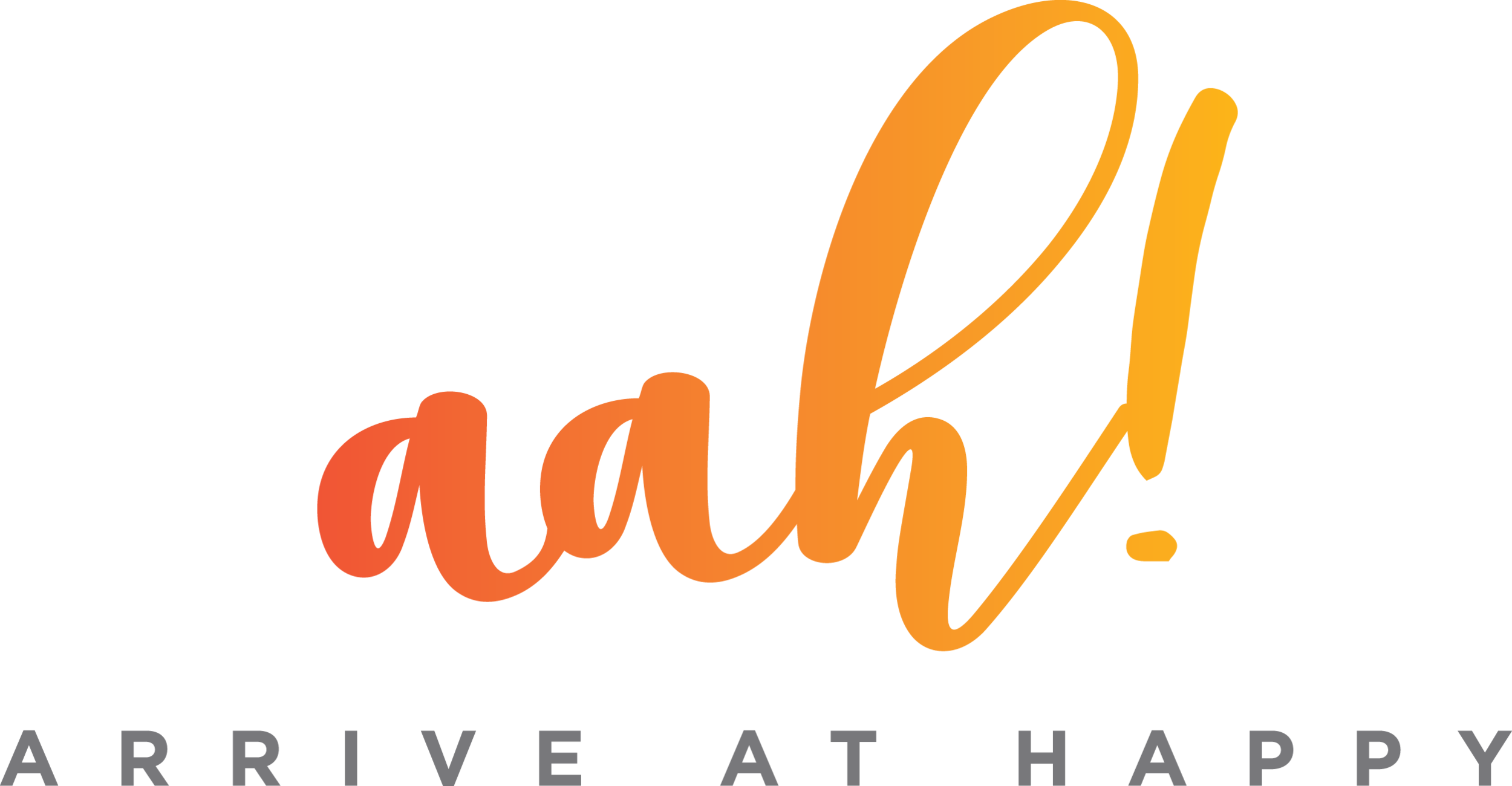The Power of Disconnecting
The Power of Disconnecting
According to the American Institute of Stress, 62% of people experience high-stress levels with extreme fatigue and feeling out of control. 41% of those surveyed confirm that their workload is the cause of stress at work. Technology today makes it impossible to disconnect from work. While constantly connecting makes you feel like you are on top of things, there are many adverse consequences to always being tapped in. A quick response or text to a coworker or client outside work hours can harm your well-being. What do you think about disconnecting? How often and how long do you disconnect?
Often, people feel like they cannot disconnect to prioritize themselves because they will fall behind on their duties and projects. Ironically, disconnecting is essential to one’s well-being and professional capabilities. In 2018 the National Library of Medicine conducted a study to examine the impact of working outside of business hours, and the results were alarming, confirming that it:
Reduces sleep quality
Cognitive recovery
Lowers energy levels the next day
Disconnecting from work does not mean you must take a week’s vacation or a month to travel Europe. It can be as simple as “low effort activities” like reading a book, going for a walk while listening to your favorite podcast, or doing your favorite hobby.
When one prioritizes disconnection from work, whether it is for a night or a week, there are many benefits:
Gain a new perspective. Give yourself time and space to see your career and life differently. When you zoom out, you can see if your daily actions will help you achieve your long-term goals.
Gain new insights about your career and position. Research proves that when you take the time to disconnect, you are more creative, able to think freely regarding your business or job, and you can more effectively solve problems.
Disconnection creates a slingshot effect. You gather untapped resources, ideas, and thoughts when you can slow down. Then, when you are ready to get back to work, you can spring forward with clarity faster and more efficiently than you would have had you not been disconnected.
As a leader, learn from this research and implement effective strategies to help your team feel that it is okay to leave work at work. Being a happy leader is possible! If you would like to learn more strategies to help your team, contact Tia today!
Arrive At Happy's mission is to inspire transformation through the science of happiness. Tia Graham, founder, partners with organizations and individuals to increase their daily happiness and success in all areas of their lives. Relying on science-backed empirical data, she has gained the insight needed to prove and teach that happiness indeed leads to success.
Tia has a Certificate in Happiness Studies and a Certificate in Teaching Happiness from Harvard's Tal Ben-Shahar and The Happiness Studies Academy. She is a Certified Chief Happiness Officer from Woohoo Inc., Europe's premier Happiness at Work organization.

